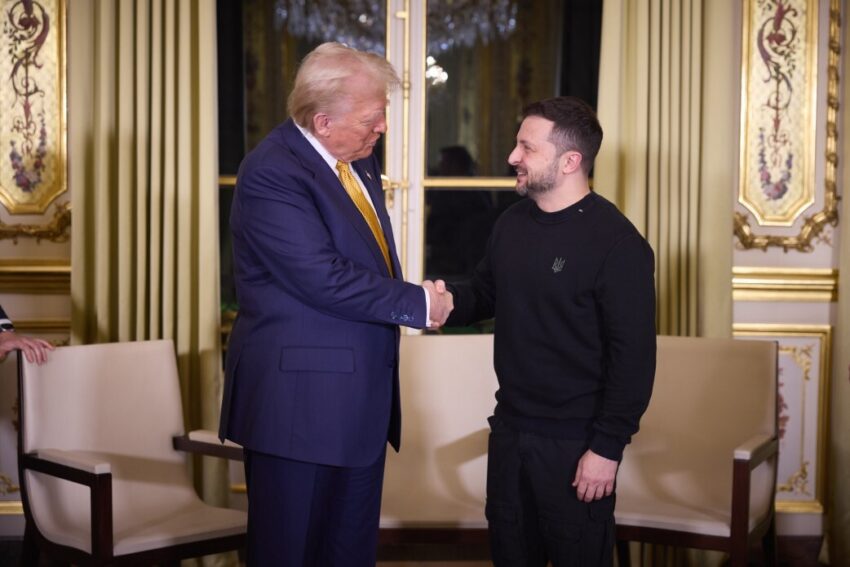That Zelenskyy is “subtly shifting his rhetoric about ending the war with Russia” to include an “openness to ceding territory, even temporarily” marks a “significant concession” for the Ukrainian leader, The Wall Street Journal said. He reinforced that shift in a separate interview with Japan’s Kyodo News, insisting that “we do have to find diplomatic solutions” to the conflict — an admission, Kyodo News said, that the “Ukrainian military’s current strength is not sufficient to recapture some of the Russian-occupied parts of the country.”
Explore More
Russia
Russo-Ukrainian War
Ukraine
Volodymyr Zelenskyy
Vladimir Putin
War
Talking Points
Talking point
Accordingly, Trump’s reelection has “given new urgency to negotiation efforts,” The Wall Street Journal said. Zelenskyy’s shifting rhetoric is a sign that his government “understands things are going to change” with the incoming administration, said former U.S. Ambassador to Russia Michael McFaul to The Washington Post. Trump’s election has afforded Zelenskyy an out from his staunch refusal to cede any territory, McFaul said. Zelenskyy can now say to his constituents that he would have “loved to have done that, but Trump has come in and things have changed.”
Sign up for The Week’s Free Newsletters
From our morning news briefing to a weekly Good News Newsletter, get the best of The Week delivered directly to your inbox.
A recent poll, conducted from Nov. 29 to Dec. 14 through “face-to-face interviews with 1,518 respondents aged 18 and older across all government-controlled territories of Ukraine” found nearly half of Ukrainians supported NATO membership “even if some Ukrainian territories remain under Russian occupation,” The New Voice of Ukraine said.
While hostilities are ongoing, Zelenskyy’s seeming openness to downgrading the conflict from its current state has been taken by many analysts as a sign that 2025 could be a major milestone toward ending Europe’s worst warfare since World War II. But openness and actual peace are two very different entities, and as is probably to be expected with a vast and complicated geopolitical conflict, opinions vary.
At stake is not simply Ukraine itself, but the global implications of any adverse deals for Ukraine. NATO seems to want to avoid North Korea, China, Russia and Iran high-fiving “each other because we got into a bad deal,” said NATO Secretary-General Mark Rutte to The Journal.

